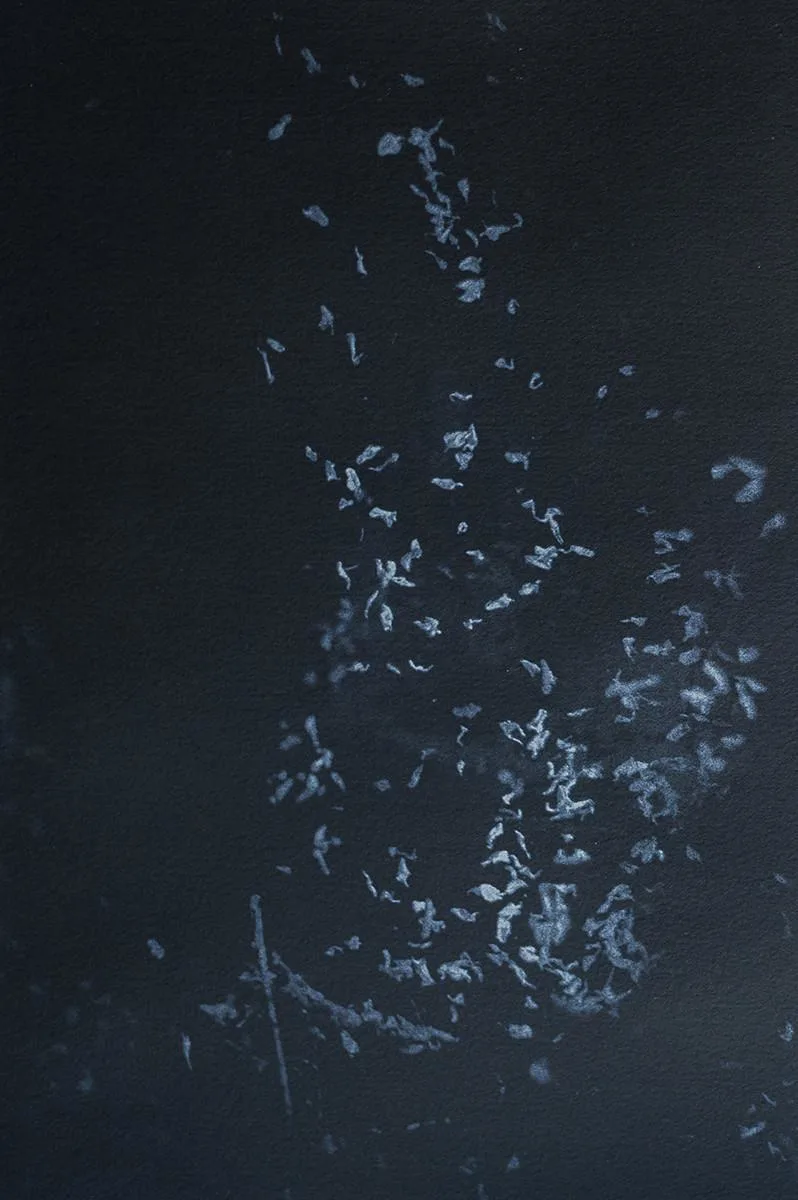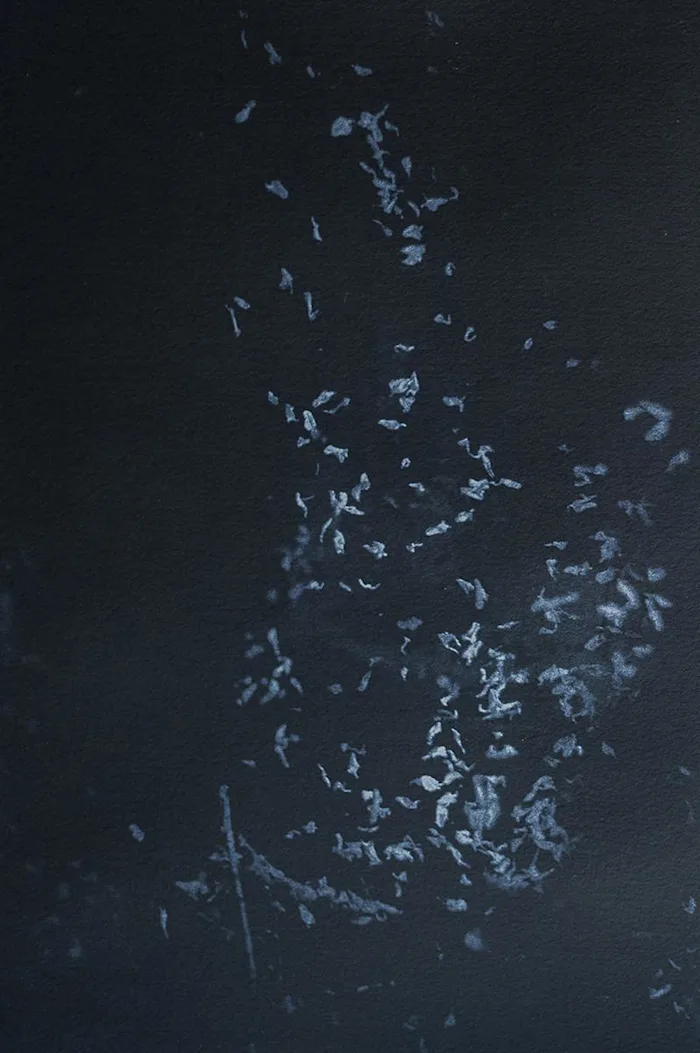Done and to Do
Maria Kakogianni
1. There is not one unique archē1 but many. Our world is polyarchic.
2. There are positive forms of anarchy.
3. Anarchy is not an object of the will but an object of experience.
4. What happens happens.
5. Capital is a monster with neither head nor tail, hence the practical difficulty of “cutting off its head.”
6. The capitalist state is a two-pronged apparatus [appareil]. A repressive apparatus and a managerial apparatus. Order-word and password. It can be fascist and liberal at the same time, without difficulty.
7. Exploitation, the accumulation of wealth, the accumulation of sexual satisfaction through rape, and the exhaustion of both human and non-human resources are parts of the same system of domination.
8. Those who do not understand spelling and grammar think. Can. Do. Sow. Popular songs attest to this. Graffitied walls, too.
9. An autonomous project is a way of choosing dependencies. We can depend on industrial agriculture to feed us or we can create and cultivate other dependencies. These must be unfurled…
10. The white, wealthy, heteronormative, and biodegrading man exercises every form of domination at once. Intersectionality is not some mental police force by which to classify the subaltern into smaller and smaller groups. It names the operations by which subalterns organize themselves so as to do the greatest damage to the order of places, objects, subjects.


11. Anarchy is not static. It is dramaturgic. It is a modality neither of order nor of disorder, but a dynamic milieu of forces and forms, powers of affecting and of being affected, powers of doing and of not doing that sustain a “conflict of worlds” over a duration of time, i.e., an effective gap [écart] at the very heart of what a world can be.
12. The geometry of progress invented an idea of Revolution as one grand radical rupture, with a before and an after. This idea breathed its last breath at the same time as did belief in human progress. We now dwell in catastrophe and the pornography of catastrophe.
13. We like to think that other civilizations, those that do not bear the name of the Occident, dwell in a cyclical world, that of the seasons. In this, they know only revolution without history as the return to the point of departure.
14. We need an idea of revolution in history and with seasons. Neither cyclic nor progressive. One concerned as much with the event as with temperature and the lunar calendar. At once extraterrestrial and maximally terrestrial.
15. Deleuze once said, not without humor, that etymology is the properly philosophical athleticism. The concept of anarchy has long suffered the consequences of this athleticism. People have always viewed the -a as privative, and thus the form of anarchy as negative, an-archy. Who’s giving the orders? Positive anarchy as an experience positively names a gap. It also names a crossing, a test and in all likelihood an endangerment.
16. There is no power to take as the center. There are fixed configurations and preferential circuits between centers of power to be attacked, contorted, and warped.
17. Those with back pain, those who are simply fed up or exhausted, understand this fact.2 Pain of this sort has determinate configurations and preferential circuits but cannot be traced back to one unique source.
18. In a circular orbit, there is only one center; there is no eccentricity. I revolve [tourne], therefore I am. The same errors, the same joys, the same litanies. The planets, by contrast — “those that wander” — revolve in an ellipsis, a motion that implies not one center but two foci. It is this gap, the mobile, plastic, dynamic relation between two foci, that makes eccentricities concrete, gives them a body. Such eccentricities are not minor exceptions, little microcosmic radicalities that defend themselves with their magic potions. Rather, they are positive deformations, fortunate malformations, genuine reformations of the orbit.
19. Eternity by the stars, Victory as a name for durations. We need new beginnings, new beginnings that are another way of picking up the baton: a positive anarchy with two foci.
20. To anarchize the world, rather than to understand it.
First published in Lundi matin #443, September 2024
Translated by Eric Aldieri
Images: Alexandre Dupeyron
Notes
1. Principle, beginning, commandment.↰
2. [The original French reads “celleux qui ont mal au dos car iels ont plein le dos le savent.” This is difficult to convey in English, since “en avoir plein le dos” is an expression that means to be sick and tired of, or fed up with something. The author is thus playing on the word “dos,” wherein back pain does not have a specific or local cause, but a series of postures, habits, nerve circuits, etc. — a series caused only by general exhaustion which, in turn, has no specifically local cause in contemporary society, but is rather the general effect of a series of social, economic, political, and corporeal (we could go on) circuits and habits. —Trans.]↰